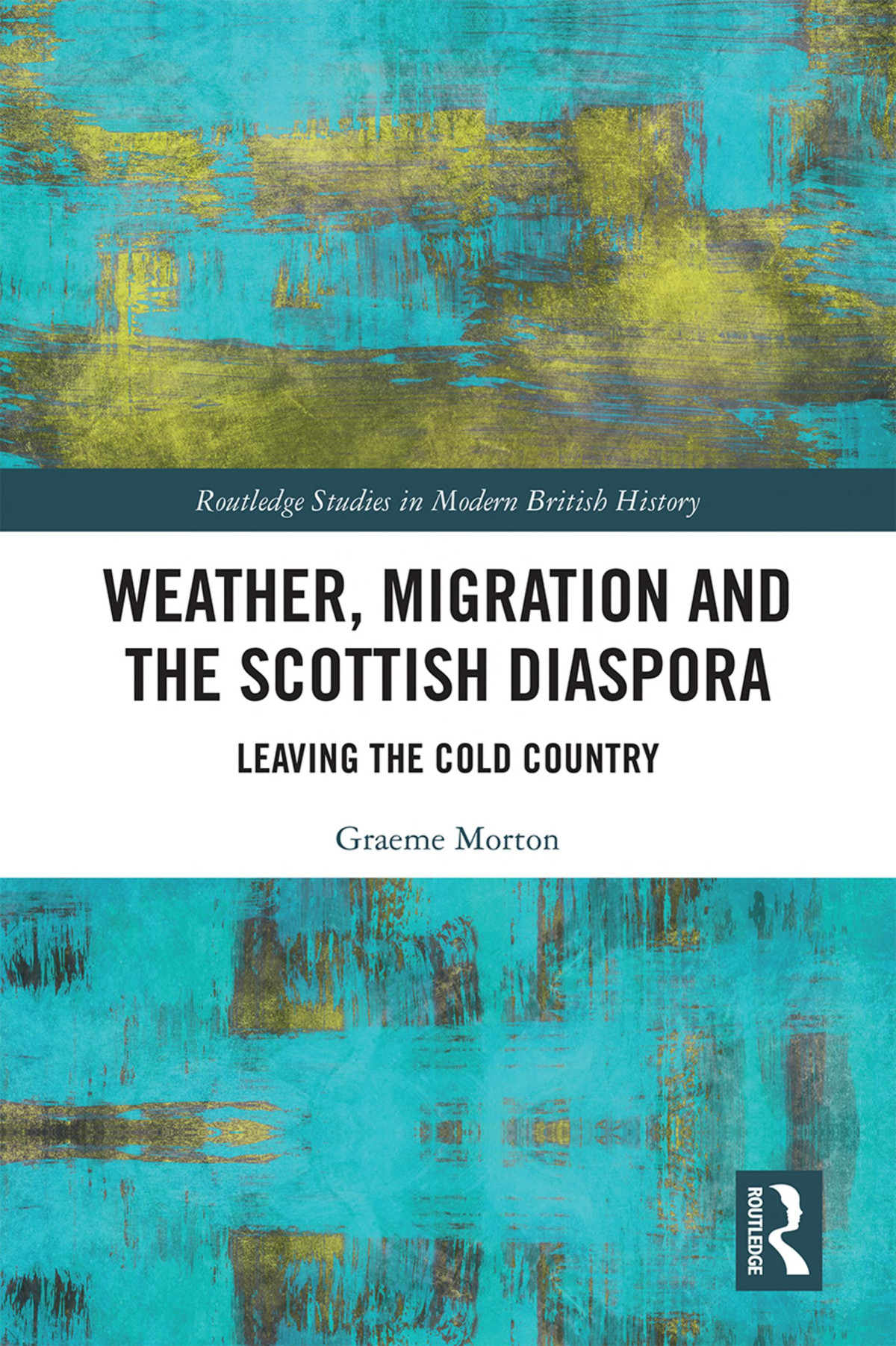

Most ebook files are in PDF format, so you can easily read them using various software such as Foxit Reader or directly on the Google Chrome browser.
Some ebook files are released by publishers in other formats such as .awz, .mobi, .epub, .fb2, etc. You may need to install specific software to read these formats on mobile/PC, such as Calibre.
Please read the tutorial at this link: https://ebookbell.com/faq
We offer FREE conversion to the popular formats you request; however, this may take some time. Therefore, right after payment, please email us, and we will try to provide the service as quickly as possible.
For some exceptional file formats or broken links (if any), please refrain from opening any disputes. Instead, email us first, and we will try to assist within a maximum of 6 hours.
EbookBell Team

5.0
30 reviewsThe long nineteenth century was a period consistently cooler than now, and Scotland remains the coldest of the British nations. Nineteenth-century meteorologists turned to environmental determinism to explain the persistence of agricultural shortage and to identify the atmospheric conditions that exacerbated the incidence of death and disease in the towns.
In these cases, the logic of emigration and the benefits of an alternative climate were compelling. Emigration agents portrayed their favoured climate in order to pull migrants in their direction. The climate reasons, pressures and incentives that resulted in the movement of people have been neither straightforward nor uniform.
There are known structural features that contextualize the migration experience, chief among them being economic and demographic factors. By building on the work of historical climatologists, and the availability of long-run climate data, for the first time the emigration history of Scotland is examined through the lens of the nation’s climate.
In significant per capita numbers, the Scots left the cold country behind; yet the ‘homeland’ remained an unbreakable connection for the diaspora.